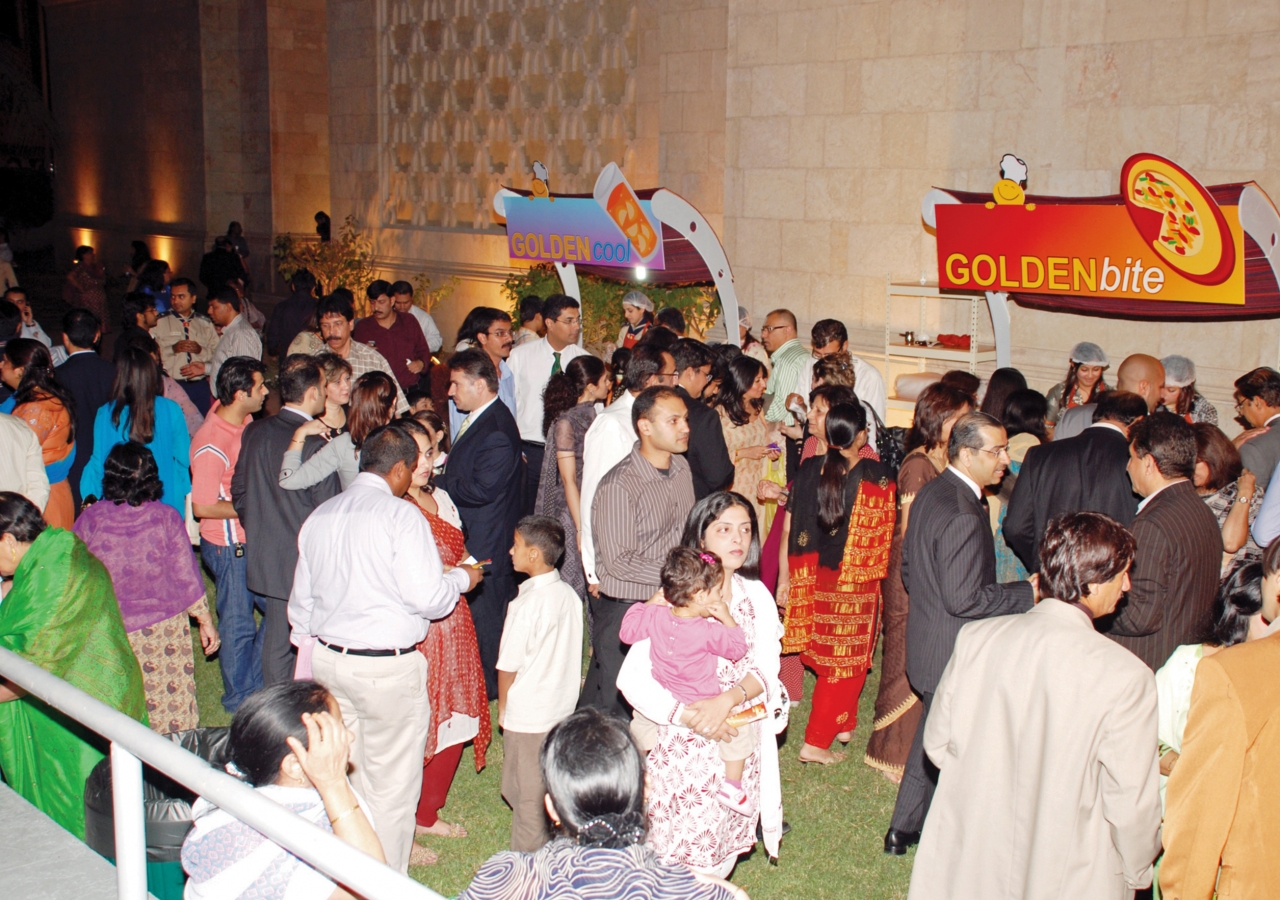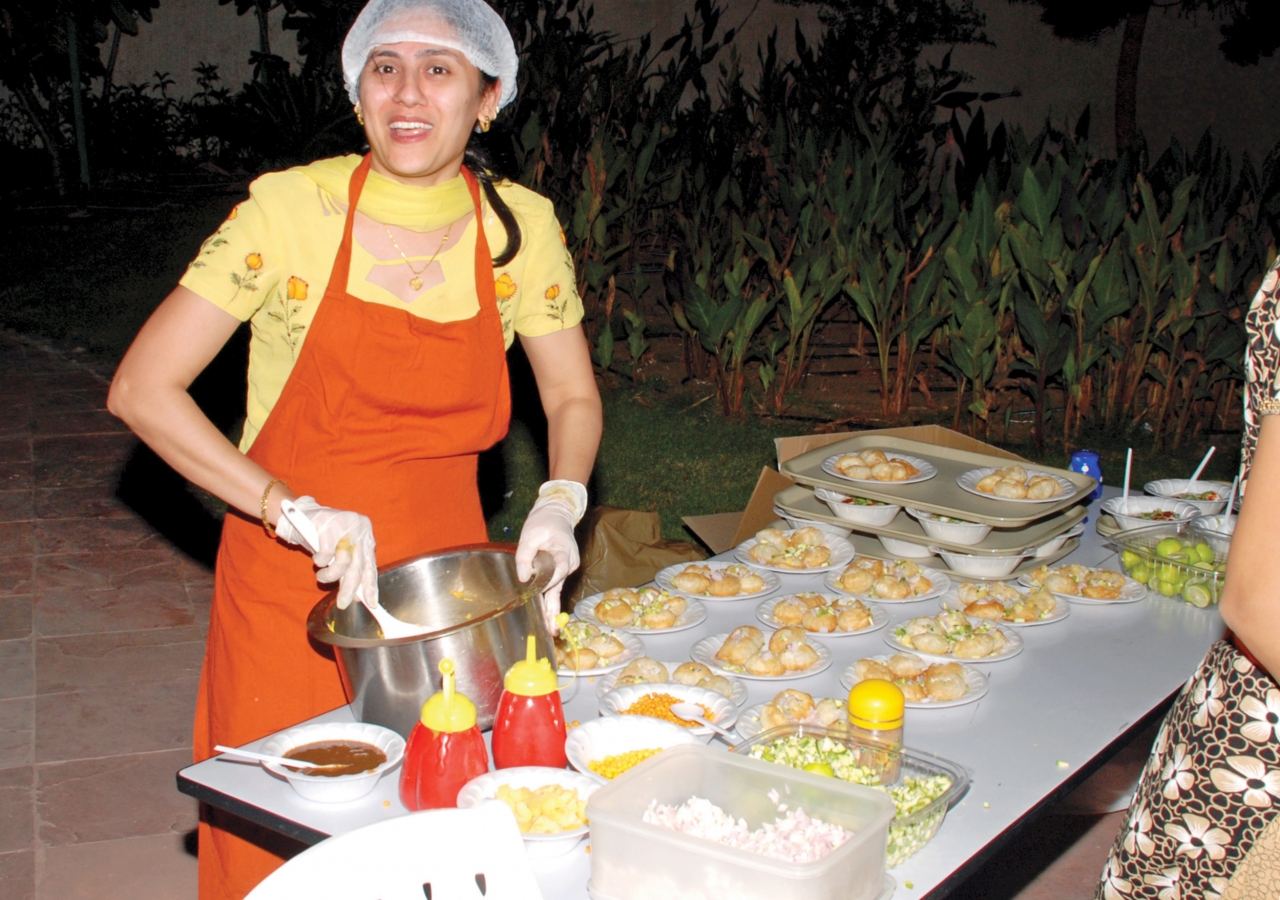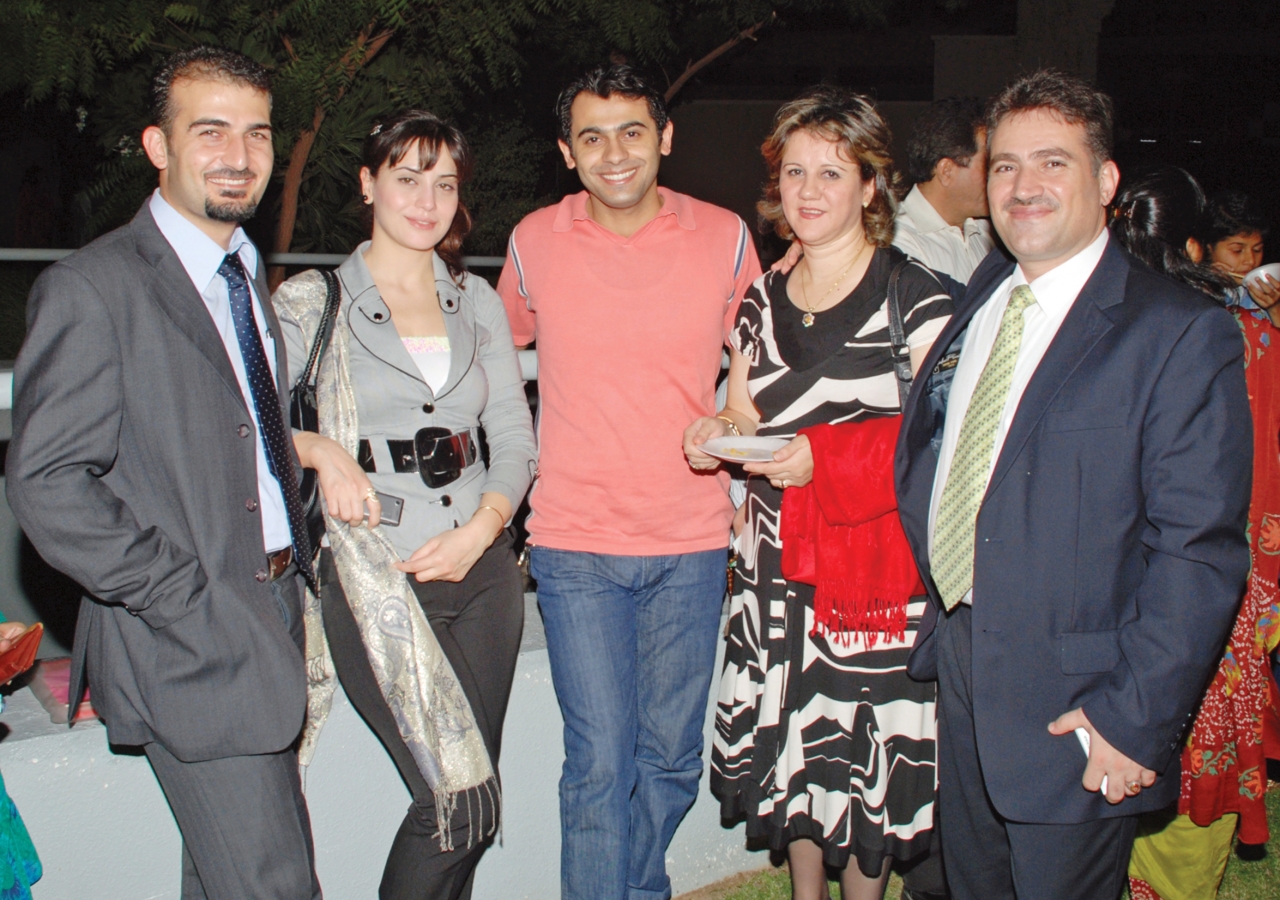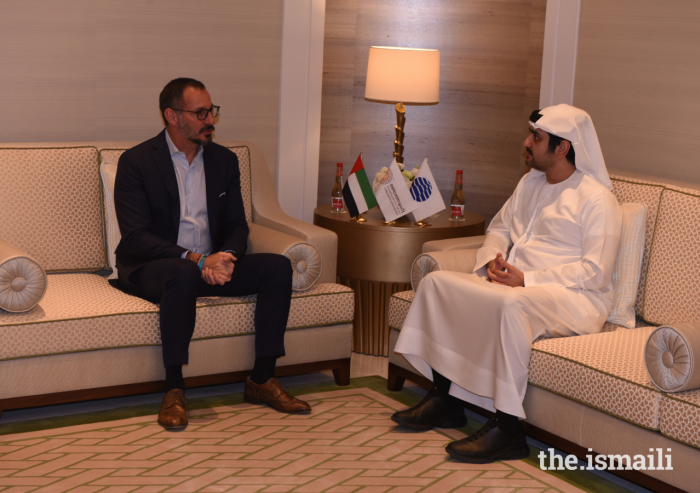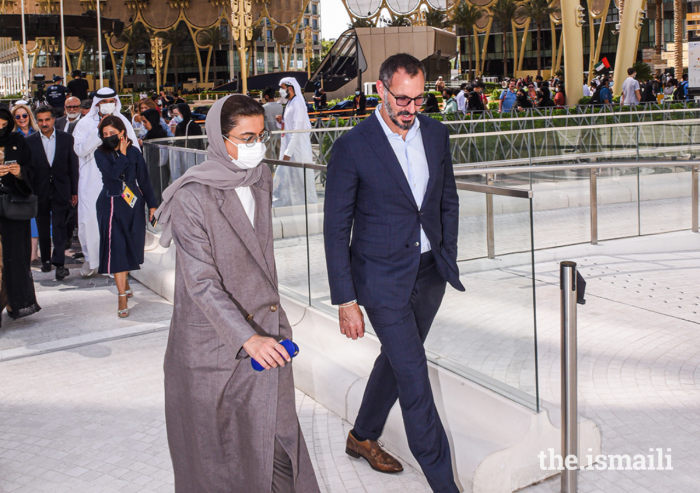Every Thursday and Friday, Shamim Lakhani's cooking is sold – together with dishes prepared by other Ismaili women – to busy members of the Dubai Jamat who are eager for home cooked traditional food. Her cooking provides her with a strong sense of fulfilment as well as being a consistent source of income for her family.
The Jamat in Dubai includes a disproportionate number of bachelors and young families, who, with all the pressures of work and modern life, find it difficult to prepare traditional home cooked meals. Meanwhile, many older women in the Jamat possess exceptional cooking skills and an enterprising spirit. The opportunity to come together was obvious, and led to the creation of a Golden Alliance.
Recognising cookery as a valuable skill, the Golden Alliance brings together entrepreneurs and volunteers to provide its members a “platform to earn with dignity.” While supplementing their own income, its women participants also have an opportunity to contribute to the wellbeing of the wider Jamat.
Lakhani, who has also tried other work-from-home opportunities like stitching, enjoys the consistency of Golden Alliance orders and the fact that she doesn't have to seek them out. The possibility of cooking and earning an income at home appeals to her and her fellow suppliers.
Just as members of a professional alliance work towards common goals, the success of the Golden Alliance relies on the efforts of its membership. Together with volunteer managers, they ensure the quality of each meal and uphold standards of cleanliness in food preparation. Their reputation is such that they are invited to cater many of the community functions held at the Ismaili Centre, Dubai.
Those members of the Jamat who rely on their day-to-day services receive weekly food menus by email. They are then able to place orders and pick up their fresh food from the Golden Alliance room at Jamatkhana.
Aneel Fazwani, a regular customer, says that buying the Golden Alliance's food gives him a break from cooking on the weekend. He enjoys the taste of the homemade food and is happy to be contributing to the economic benefit of its members.
Another regular, Samira Khimani, buys her chapatis from them every week. She likes the fact that she can place her order in advance and that the members are willing to customise their cooking to meet her salt-free and oil-free preferences.
From time to time, the Golden Alliance has organised food melas (food fairs) where the Jamat is able to enjoy delicious meals with family and friends. The melas are a chance to showcase the quality of food and diverse range of dishes. In fact, a recent expansion in membership promises to add Syrian dishes to the menu, to be prepared by newly joined Jamati members from Syria.
Sajid Nathani, a volunteer member of the Golden Alliance management team, proudly notes that the organisation now has 20–25 regular suppliers. It has plans to expand beyond its Jamati base by setting up a catering company to serve the wider community, and is also considering the establishment of an online grocery supply store. Nathani is also excited about the possibility of the Golden Alliance spreading beyond Dubai to other Jamats.
Indeed, news of the organisation has spread, with particular interest being expressed by one Jamat in India. Eager to support similar entrepreneurial and volunteer-driven initiatives around the world, the Golden Alliance of Dubai hopes to see its model replicated so that Jamats elsewhere can share in the benefits.

